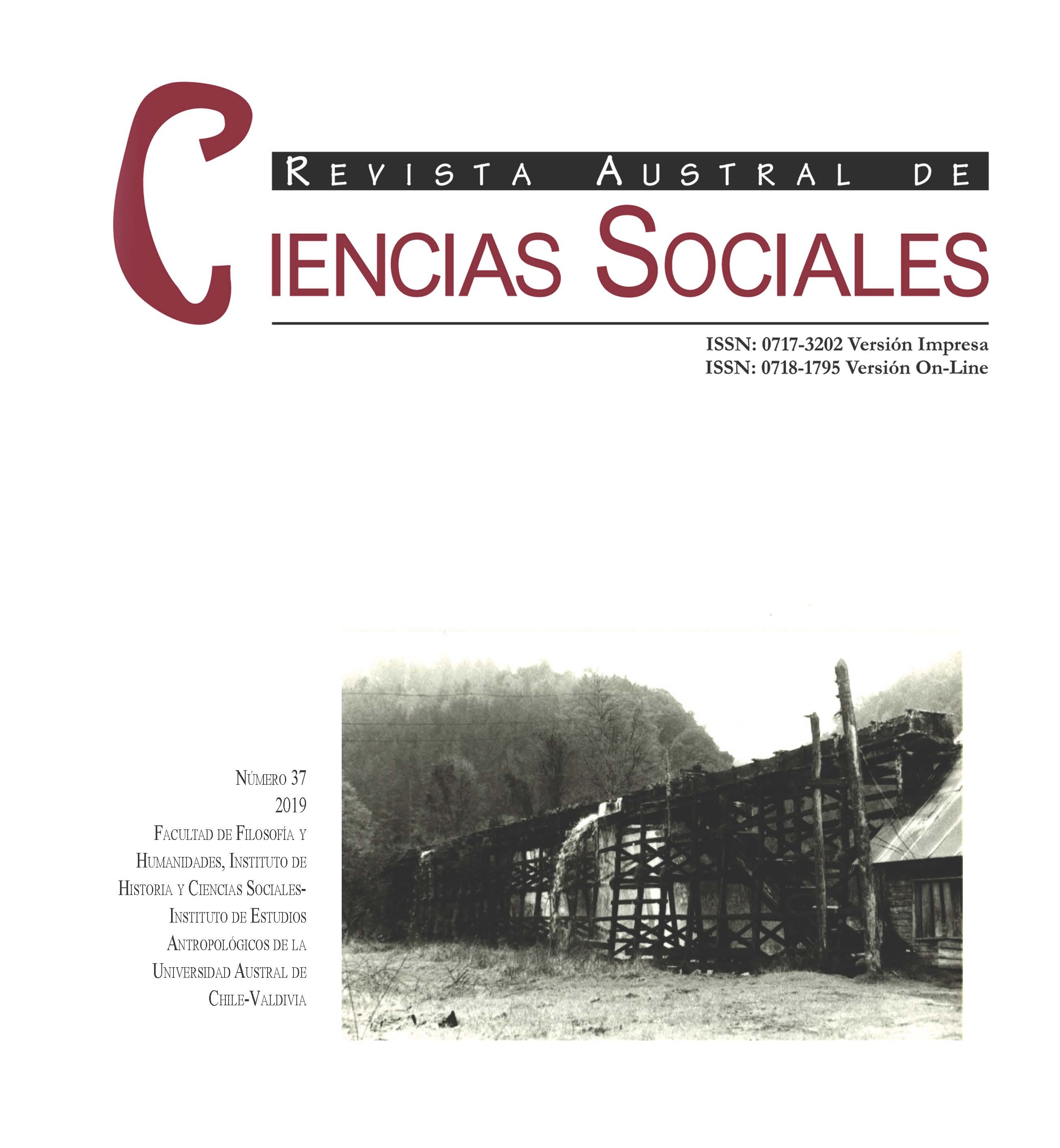What is rodeo? Disassembling the pieces of a nationalist ritual
Main Article Content
Abstract
The double perspective of ontology and political economy allows analyzing rodeo as an icon of nationality revealing the contradictions that its deployment entails in the class constitution of Chilean society. The appropriation of popular practices associated with animal herding and their incorporation into the national ritual symbolic repertoire, while a means of legitimization of landowners’ hegemony, entails the imposition of an ontological model that ends up separating and subjecting not only people from each other, but also dissociating the links that unite humans and animals and the landscape of which they are a constituent part. In effect, the proclaimed national sport traces its roots in the cordilleran life of which the arrieros (muleteers) are main actors, and it is, precisely, the appropriation of their work and means of reproduction and life what allows to consecrate the ritual as the symbolic seat of hegemonic classes. In the context of growing nationalism, these institutions and practices deserve a critical review that, identifying the oppressive nature that they have, recognizes their place in the configuration of local and regional identities.

